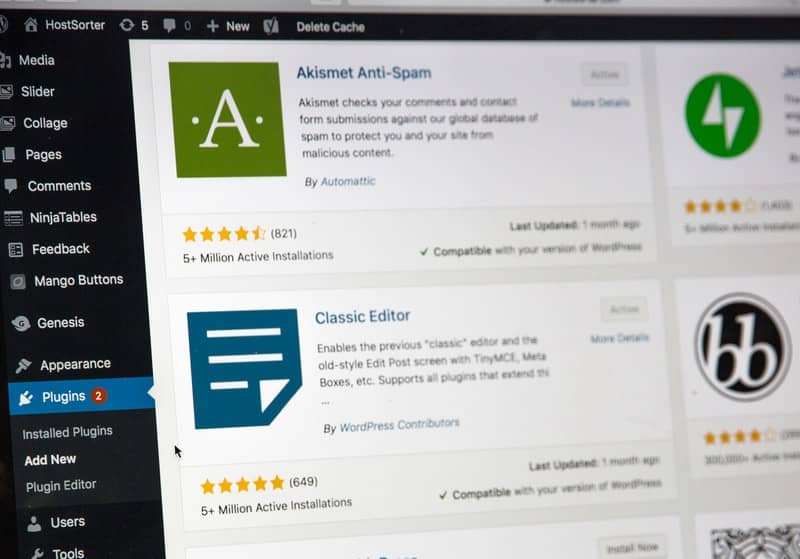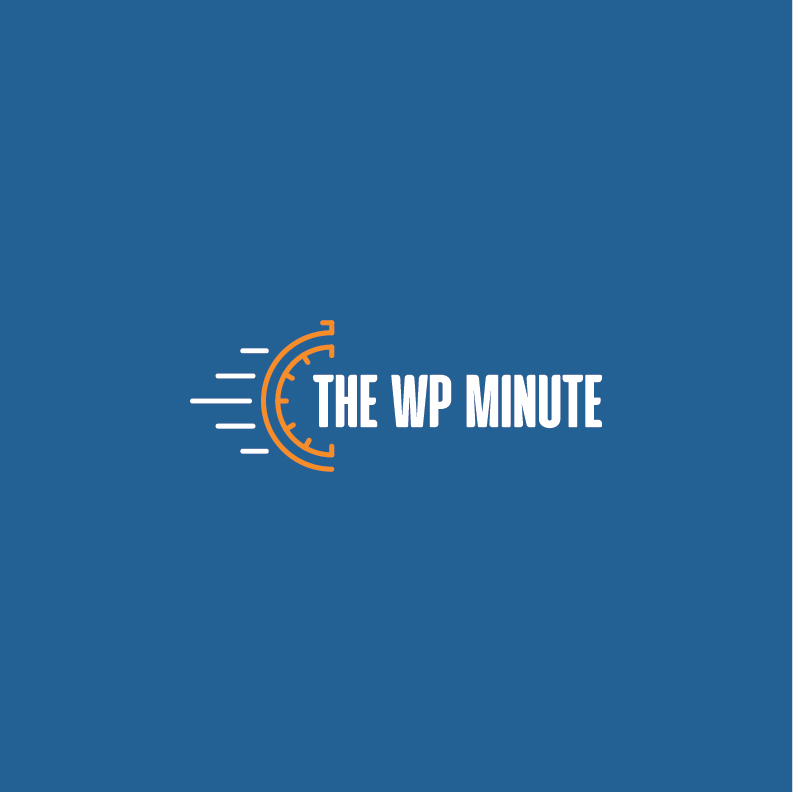If you’ve been around WordPress as long as I have, you end up witnessing some of the long standing debates come full circle again. Like which page builder is best and why isn’t WordPress innovating fast enough to keep up with them?
While that debate tumbles down the proverbial mountain, gathering debris and growing larger, it is bringing another debate back into focus: Who is WordPress for?
For years WordPress professionals would contest: is WordPress for blogging or is it a complete CMS?
Once the app matured with Custom Post Types + Custom Fields + a robust User Management system, we shifted to: is WordPress a CMS or an application framework?
Lest we forget, WordPress the Digital Experience Platform.
When Gutenberg launched, a vocal audience railed against a drag-and-drop building experience inside WordPress core. How could you do that to my lean, mean CMS/App/DXP — Let Wix be Wix.
But I’m not hearing those debates anymore.
The pushback to having a builder experience is largely gone, and now we’re back debating on the fringes. Should we have more CSS styling options built into the site editor; should we be able to code templates inside WordPress?
It seems like we’ve all agreed that WordPress has gone beyond “page builder” in it’s most basic understanding, and has set its sights squarely on become a “website builder.”
WordPress finds itself jockeying in the hierarchy of all these tools like Elementor, Divi, Beaver Builder, Bricks, etc:
- Beginner – made for millions
- Intermediate – made for 100’s of thousands
- Advanced – made for thousands
The only thing I’m concerned about is my little corner of the WordPress debate: Can WordPress still be the operating system of the web?
This concludes today’s thought exercise, let me know who you think WordPress is for by hitting reply or tweeting at me.
Important Links
There’s a few important links this week, let’s dive in!
Join The Newsletter
Get your favorite 5 minutes of WordPress news for busy professionals every week — 100% Free! Join the WP Minute Newsletter below 👇




